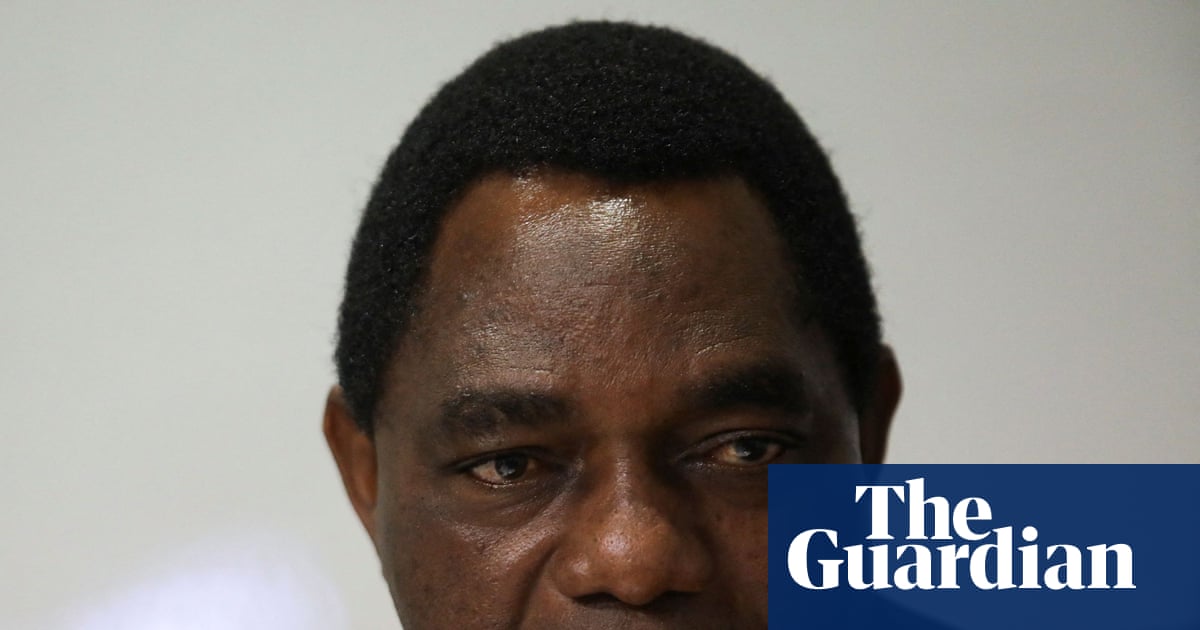Sprawling video meetings involving dozens of ministers and officials that each have a veto over the outcome are frustrating decision-making and delaying reform at the Ministry of Defence (MoD), according to the recently departed head of the armed forces.
Sir Tony Radakin, giving a speech that had been blocked by Downing Street, complained of “extraordinary Teams calls with 20 or 30 people” – and that the number of senior MoD civil servants had increased by 85% since 2018.
People who were “not going to face the accountability if something goes wrong or it doesn’t happen” nevertheless “have the ability to say no”, the retired admiral said, in online meetings that were normal practice both within the MoD and across government.
Defence reform was “not happening as strongly and as quickly as it needs to,” said Radakin at the Institute for Government, despite the efforts of the current and previous governments, and he acknowledged this “speaks to a personal failure” to defeat bureaucracy.
Whitehall needed to reduce “the levels of hierarchy”, he said, adding: “We have increased senior civil service numbers in defence by about 85% since 2018 even as defence has got smaller and the military star count has remained largely static.”
The former admiral contrasted the normal civil service decision making processes with that adopted in the case of Ukraine, where ministers and officials were willing to take more operational risk. “What I think is frustrating is the outcome [in the case of Ukraine] is so much better,” he said.
Radakin was careful to praise the Labour government and defence secretary, “John Healey, especially”, for wanting to reform the civil service bureaucracy. They were battling a system in which accountability “becomes cloudy”, he said, when large numbers of people were involved.
The problem, Radakin said, was that it was too easy for politicians and officials to delay anything non-urgent, and he highlighted repeated delays to green-lighting a replacement for the now-ageing Trident nuclear submarines in 1998, 2010 and 2016.
“There is something wrong,” he said, when governments say maintaining the UK’s nuclear arsenal is the highest priority “but our sailors are having to put to sea for extraordinarily long patrols in some of the most complex machines on the planet that are beyond their original design life.”
Trident patrols, which used to be considered long if they lasted more than three months, now routinely extend beyond five, as the time taken to repair and refit the submarines has increased.
Originally due to be phased out between 2017 and 2024, they will not be replaced by new Dreadnought class boats until the early 2030s.
Another approach, Radakin said, would be to drastically slim down the number of people involved in taking procurement decisions: “If the person leading a project and one other are willing to say ‘yes’ and are comfortable they can justify their decisions to the Public Accounts Committee and the secretary of state for defence, then let the programme move forward.”
Radakin was chief of defence staff for nearly four years, coming into post as Russia was gearing up to invade Ukraine. He departed earlier this month as his term of office concluded, to be replaced by the air force chief, Sir Rich Knighton.
But he had to wait until he left his post before being able to give a valedictory speech in the UK. Downing Street allowed Radakin to make a speech in Washington and give an interview to a Ukrainian outlet and the BBC but otherwise said no to his speaking in public.
The former admiral said it was the policy of Labour, inherited from Conservatives under Rishi Sunak, to restrict military chiefs’ ability to speak in public, and accepted it was “the prerogative of government to make those decisions”.
But he said that service chiefs could “sometimes be helpful for the government” in explaining UK policy, arguing that “officials, especially military, in all surveys of public trust tend to have quite high levels of confidence”.

.png) 2 hours ago
1
2 hours ago
1

















































